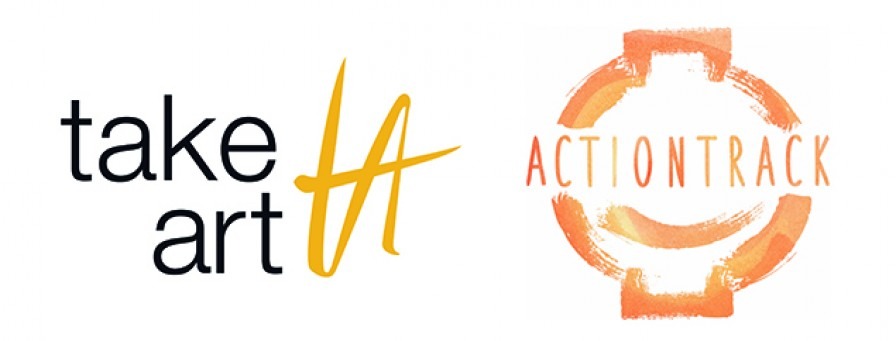Actiontrack & Take Art Observations on NEET Remote/Online Music Sessions

Observation on MyTunes/OutThere Actiontrack Delivery.
There is a distinction between music as a catalyst for positive engagement and as a discreet study in its own right. There are clear indications that technology is not a substitute for being in the room highlighted by such factors for any music leader as follows.
Key Factors Favouring Face to Face Contact
- Tuning
- Managing group work/dynamic – and group communication
- Reliance on non-verbal communication/signals
- Reading the vibe
- Changing direction during session/variety of approach
- The importance of spontaneity
- Maintaining momentum/relationships
- Changes of pace
- Response to surprises!
Other Considerations
Practical set up at ‘the other end’: Security, training, ease-of-use, shared spaces, noise, consistency of staff/support, bandwidth/internet stability, safeguarding, hardware/software compatibility, Local Authority/Host site filters/security measures. Note – these are particularly the case in schools/institutions but also hold true for work with participants outside an institutional framework. Classroom smartboards are a really good option.
The best kit for the work is that with which participants are already familiar, (often social media channels) which is not always compatible with the bureaucracies, guidelines or protocols involved or required.
Starting Context for Participants
Participants are already disengaged (that’s why we’re there) and there is little value in adding to the sense of disconnection by expecting new ‘remote’ processes to catch on quickly. Our whole approach is collaborative and rooted in flexibility; this is less possible using the required fixed remote practice set-up (time/place, and even being still!). Also this places extra responsibility on the participant to initiate/respond/log in etc. and simply put, easier for participants to avoid (just don’t answer the call!).
As discussed with other practitioners and key support workers there is a loss of the crucial surrounding and wraparound influences/advantages; getting to/from somewhere new, meeting new people, working in a professional (strange) environment, acknowledging that participants’ work is being taken seriously, post/pre-session brief and debrief by chaperones, sense of event, personal relationship building, demystification, professional studio/musician ‘cool-factor’.
For these reasons it is likely that the continued engagement of existing participants is more likely than engagement by new participants.
Session Programme Structure
Where mental health issues are foremost (pretty much all the time) an agreed working framework is essential. The participant and music leader work on a shared agenda that is discussed at the start of the sessions and that gives an agreed through-line. (Over a given number of sessions ‘we’re’ going to learn to play the guitar better/create a track/write a song/practice the drums etc.) This may change but ‘we’ have a shared and bespoke ‘task’ to achieve. This clarity, and progression within it, supports the invariable interruptions to any schedule. A shared goal (between YP and music leader) allows space to work at it over a number of sessions that can happen to suit rather than a fixed schedule.
Evidence of Progression
However much progress is made, and in whatever circumstances, a positive but shared (fair) assessment, is paramount and ‘stuff to work on’ identified, (‘we’ need a second verse, try this, listen to these examples etc.) always with sense of what we’ll do next.
Musical progression is not always the measure of the sessions’ success. Conversely we are music-makers (not therapists or social workers) and our primary aim should be to make the best possible music/musical experience. This, balanced with collaboration (and all that that implies), provides the most positive feed into the wider well-being, as well as the musical progression, of the participants.
Initial Contact details:
Ralph Lister, Executive Director, Take Art
01460 249450
Nick Brace, Actiontrack April 2020

